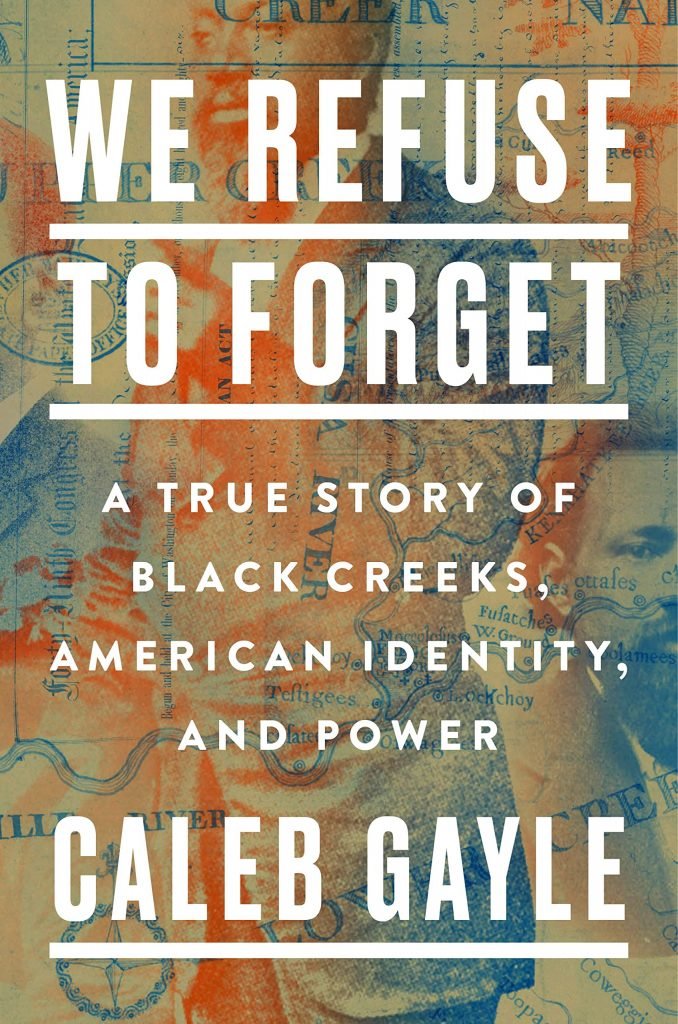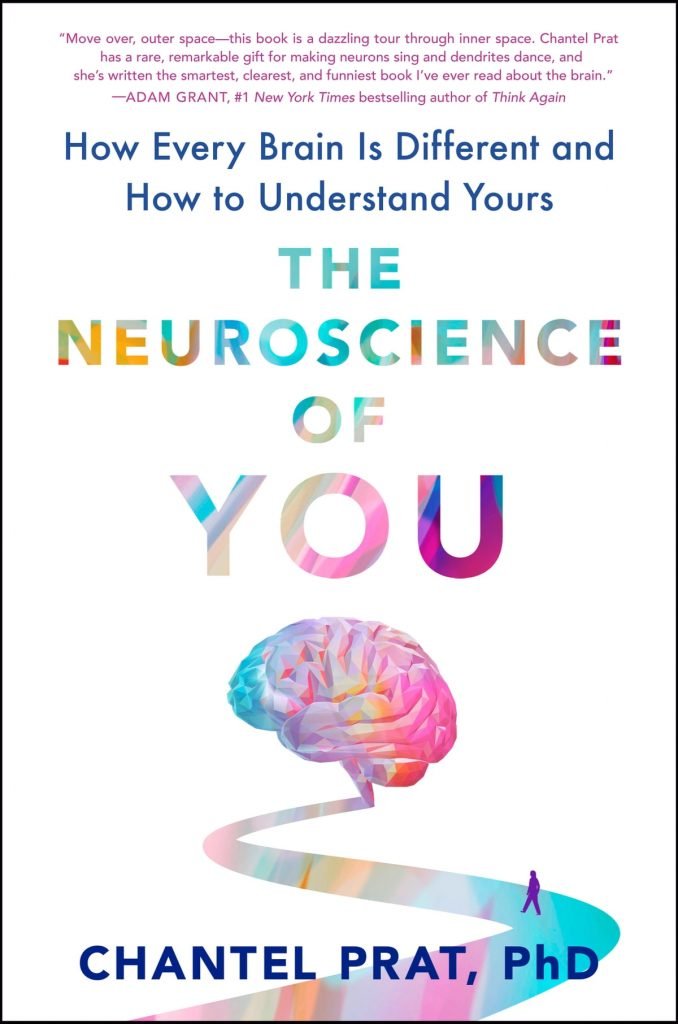No products in the cart.
8 Most Anticipated Young Adult Books of Spring 2025
As the days grow longer and the air warms with the promise of spring, the literary world awakens with a...
No products in the cart.
Great novels are a must-have for every summer, filling those leisurely hours on the beach, long airline trips to far-flung destinations, and hot weekends spent in hammocks and by the pool. If you prefer nonfiction to fiction and seek books that will inform and expand your horizons, go for the best nonfiction summer 2022 has to offer.

Steve Brusatte
We humans are the inheritors of a dynasty that has reigned over the planet for nearly 66 million years, through fiery cataclysm and ice ages: the mammals. Our lineage includes saber-toothed tigers, woolly mammoths, armadillos the size of a car, cave bears three times the weight of a grizzly, clever scurriers that outlasted Tyrannosaurus rex, and even other types of humans, like Neanderthals. Indeed humankind and many of the beloved fellow mammals we share the planet with today—lions, whales, dogs—represent only the few survivors of a sprawling and astonishing family tree that has been pruned by time and mass extinctions. How did we get here?

Michael Slepian
Think of a secret that you’re keeping from others. It shouldn’t take long; behavioral scientist Michael Slepian finds that, on average, we are keeping as many as thirteen secrets at any given time. His research involving more than 50,000 participants from around the world shows that the most common secrets include lies we’ve told, ambitions, addictions, mental health challenges, hidden relationships, and financial struggles.
Our secrets can weigh heavily upon us. Yet the burden of secrecy, Slepian argues, rarely stems from the work it takes to keep a secret hidden. Rather, the weight of our secrets comes from carrying them alone, without the support of others.

Caleb Gayle
In We Refuse to Forget, award-winning journalist Caleb Gayle tells the extraordinary story of the Creek Nation, a Native tribe that two centuries ago both owned slaves and accepted Black people as full citizens. Thanks to the efforts of Creek leaders like Cow Tom, a Black Creek citizen who rose to become chief, the U.S. government recognized Creek citizenship in 1866 for its Black members. Yet this equality was shredded in the 1970s when tribal leaders revoked the citizenship of Black Creeks, even those who could trace their history back generations—even to Cow Tom himself.
Why did this happen? How was the U.S. government involved? And what are Cow Tom’s descendants and other Black Creeks doing to regain their citizenship? These are some of the questions that Gayle explores in this provocative examination of racial and ethnic identity.

Gene Andrew Jarrett
A major poet, Paul Laurence Dunbar (1872–1906) was one of the first African American writers to garner international recognition in the wake of emancipation. In this definitive biography, the first full-scale life of Dunbar in half a century, Gene Andrew Jarrett offers a revelatory account of a writer whose Gilded Age celebrity as the “poet laureate of his race” hid the private struggles of a man who, in the words of his famous poem, felt like a “caged bird” that sings.
Jarrett tells the fascinating story of how Dunbar, born during Reconstruction to formerly enslaved parents, excelled against all odds to become an accomplished and versatile artist. A prolific and successful poet, novelist, essayist, playwright, and Broadway librettist, he was also a friend of such luminaries as Frederick Douglass and Orville and Wilbur Wright.

Lindsey Fitzharris
From the moment the first machine gun rang out over the Western Front, one thing was clear: humankind’s military technology had wildly surpassed its medical capabilities. Bodies were battered, gouged, hacked, and gassed. The First World War claimed millions of lives and left millions more wounded and disfigured. In the midst of this brutality, however, there were also those who strove to alleviate suffering. The Facemaker tells the extraordinary story of such an individual: the pioneering plastic surgeon Harold Gillies, who dedicated himself to reconstructing the burned and broken faces of the injured soldiers under his care.
Gillies, a Cambridge-educated New Zealander, became interested in the nascent field of plastic surgery after encountering the human wreckage on the front.

Ed Yong
In An Immense World, author and Pulitzer Prize–winning science journalist Ed Yong coaxes us beyond the confines of our own senses, allowing us to perceive the skeins of scent, waves of electromagnetism, and pulses of pressure that surround us. We encounter beetles that are drawn to fires, turtles that can track the Earth’s magnetic fields, fish that fill rivers with electrical messages, and even humans who wield sonar like bats. We discover that a crocodile’s scaly face is as sensitive as a lover’s fingertips, that the eyes of a giant squid evolved to see sparkling whales, that plants thrum with the inaudible songs of courting bugs, and that even simple scallops have complex vision.
Release Date: June 21, 2022

Tilar J. Mazzeo
In 1944, news of secret diaries kept by Italy’s Foreign Minister, Galeazzo Ciano, had permeated public consciousness. What wasn’t reported, however, was how three women—a Fascist’s daughter, a German spy, and an American banker’s wife—risked their lives to ensure the diaries would reach the Allies, who would later use them as evidence against the Nazis at Nuremberg.
In 1944, Benito Mussolini’s daughter, Edda, gave Hitler and her father an ultimatum: release her husband, Galeazzo Ciano, from prison, or risk her leaking her husband’s journals to the press. To avoid the peril of exposing Nazi lies, Hitler and Mussolini hunted for the diaries for months, determined to destroy them.

Patrick Radden Keefe
Patrick Radden Keefe has garnered prizes ranging from the National Magazine Award to the Orwell Prize to the National Book Critics Circle Award for his meticulously-reported, hypnotically-engaging work on the many ways people behave badly. Rogues brings together a dozen of his most celebrated articles from The New Yorker. As Keefe says in his preface “They reflect on some of my abiding preoccupations: crime and corruption, secrets and lies, the permeable membrane separating licit and illicit worlds, the bonds of family, the power of denial.”
Release Date: June 28, 2022

Chantel Prat
From University of Washington professor Chantel Prat comes The Neuroscience of You, a rollicking adventure into the human brain that reveals the surprising truth about neuroscience, shifting our focus from what’s average to an understanding of how every brain is different, exactly why our quirks are important, and what this means for each of us.
With style and wit, Chantel Prat takes us on a tour of the meaningful ways that our brains are dissimilar from one another. Using real-world examples, along with take-them-yourself tests and quizzes, she shows you how to identify the strengths and weakness of your own brain, while learning what might be going on in the brains of those who are unlike you.

Kendra Allen
Written in a distinctive voice and filled with personality, humor, and pathos, Fruit Punch is a memoir unlike any other, from a one-of-a-kind millennial talent. Growing up in Dallas, Texas, in the nineties and early 2000s, Kendra Allen had a complicated, loving, and intense family life filled with desire and community but also undercurrents of violence and turmoil. “We equate suffering to perseverance and misinterpret the weight of shame,” she writes. As she makes her way through a world of obscureness, Kendra finds herself slowly discovering outlets to help navigate growing up and against the expected performance of being a young Black woman in the South—a complex interplay of race, class, and gender that proves to be ever-shifting ground.

Andrew Nagorski
In March 1938, German soldiers crossed the border into Austria and Hitler absorbed the country into the Third Reich. Anticipating these events, many Jews had fled Austria, but the most famous Austrian Jew remained in Vienna, where he had lived since early childhood. Sigmund Freud was eighty-one years old, ill with cancer, and still unconvinced that his life was in danger.
But several prominent people close to Freud thought otherwise, and they began a coordinated effort to persuade Freud to leave his beloved Vienna and emigrate to England. The group included a Welsh physician, Napoleon’s great-grandniece, an American ambassador, Freud’s devoted youngest daughter Anna, and his personal doctor.
As the days grow longer and the air warms with the promise of spring, the literary world awakens with a...
As the chill of winter melts away and the promise of spring begins to bloom, March 2025 brings with it...
Is it possible for a bookworm to browse the bookshop or browse social media without being overwhelmed by romance fantasy...
If you enjoy time travel, space travel, dragon-filled romance, or epic fantasy, you will always find something amazing on the...

Where Trends are made and discovered
Trenzle is your official source of discovering the latest people, work, and ideas that deserve to trend. Discover Authors and their books, Creators and their work, People and their opinions, and Stories from around the globe.
Learn more
© 2023 Trenzle - Online Author News & Magazine